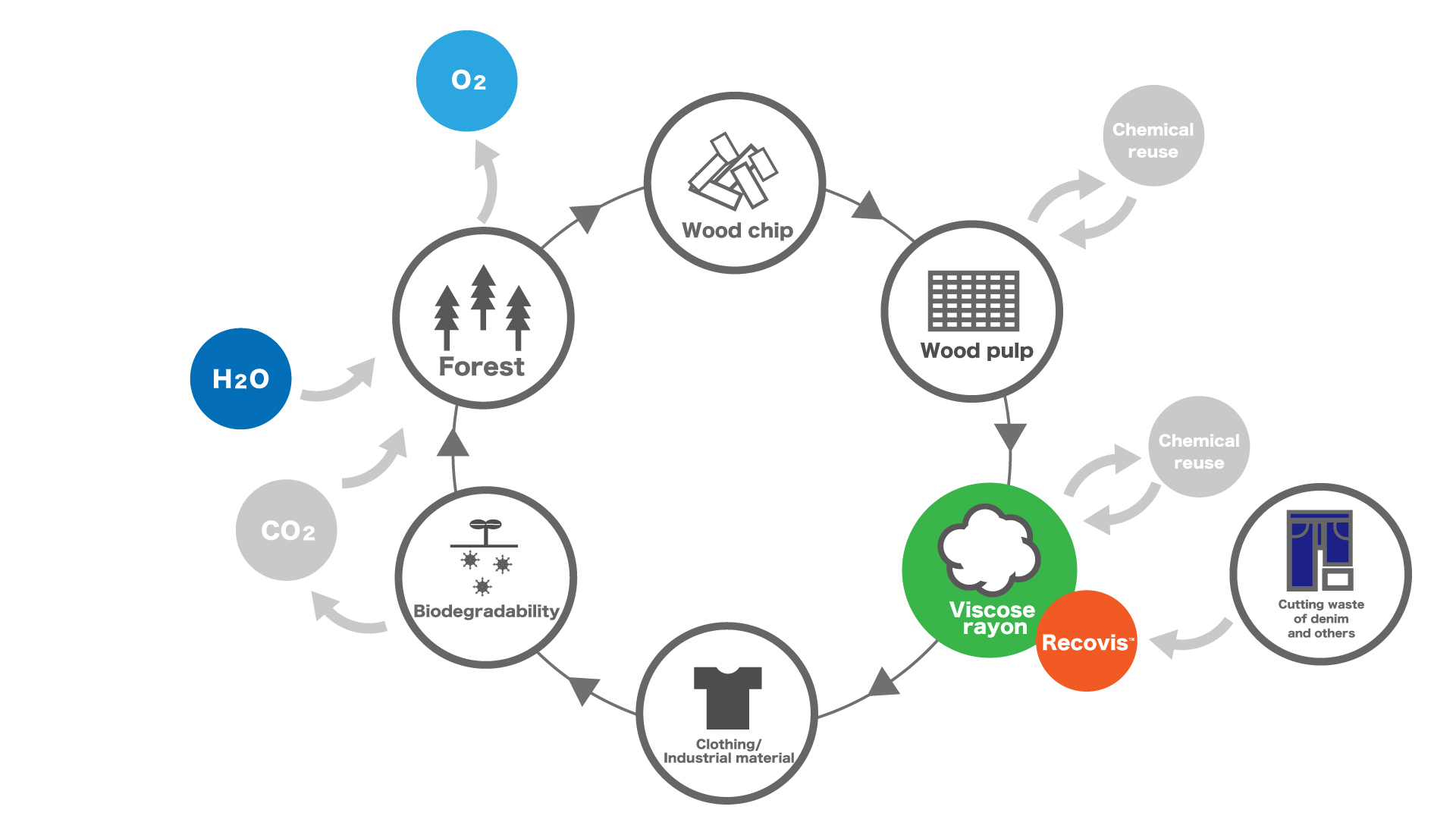Characteristics of viscose rayon
Viscose rayon is a regenerated cellulose fiber made by a viscose
method using a botanical material wood pulp as the main raw material.
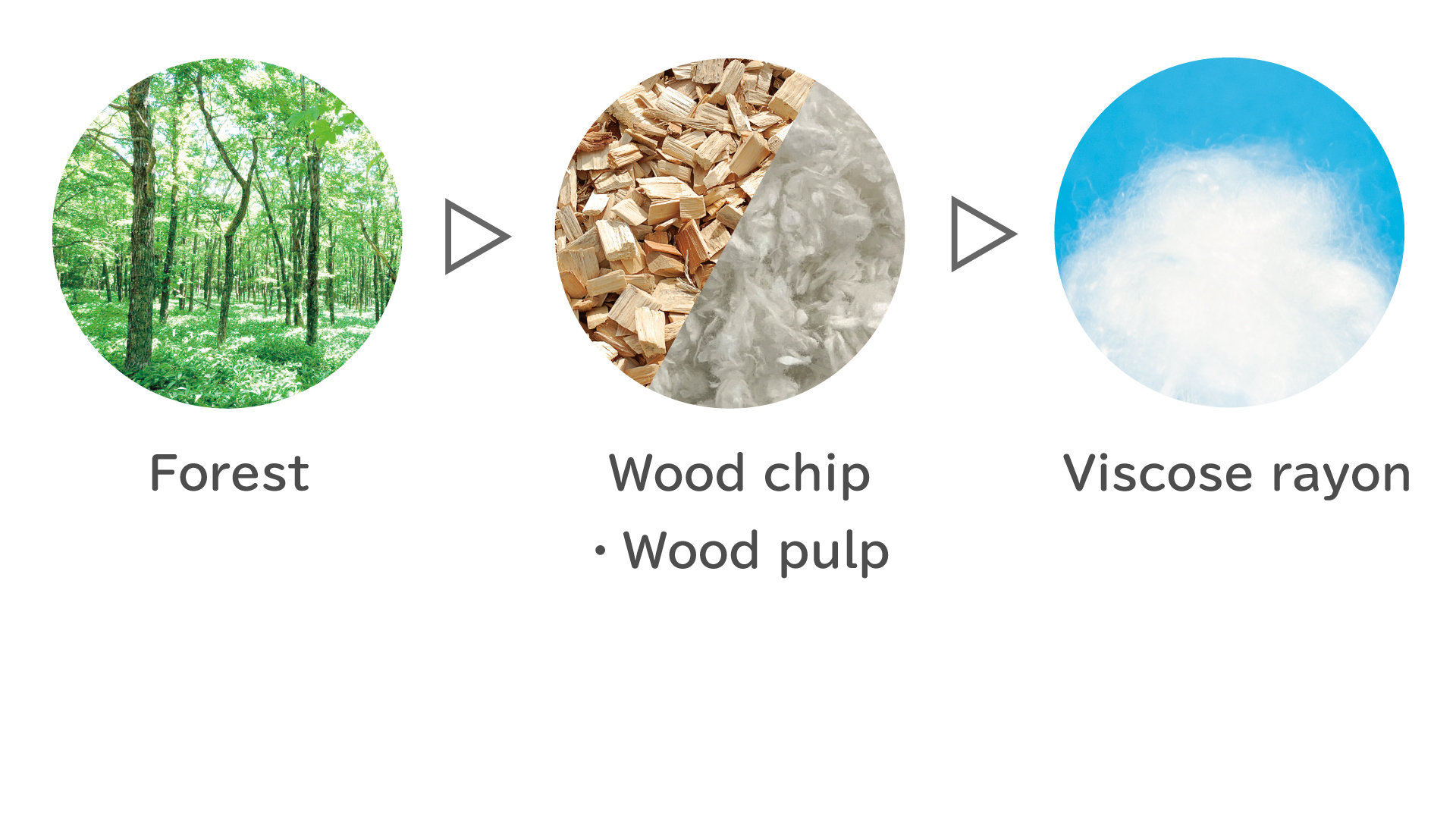
Recycling-oriented system due to biodegradability
Viscose rayon greatly contributes to the realization of environmental load reduction and the establishment of a recycling-oriented society.
Characteristics of viscose rayon
POINT1 Biodegradability
Since viscose rayon is produced from renewable wood, it biodegrades in nature through the action of microorganisms.
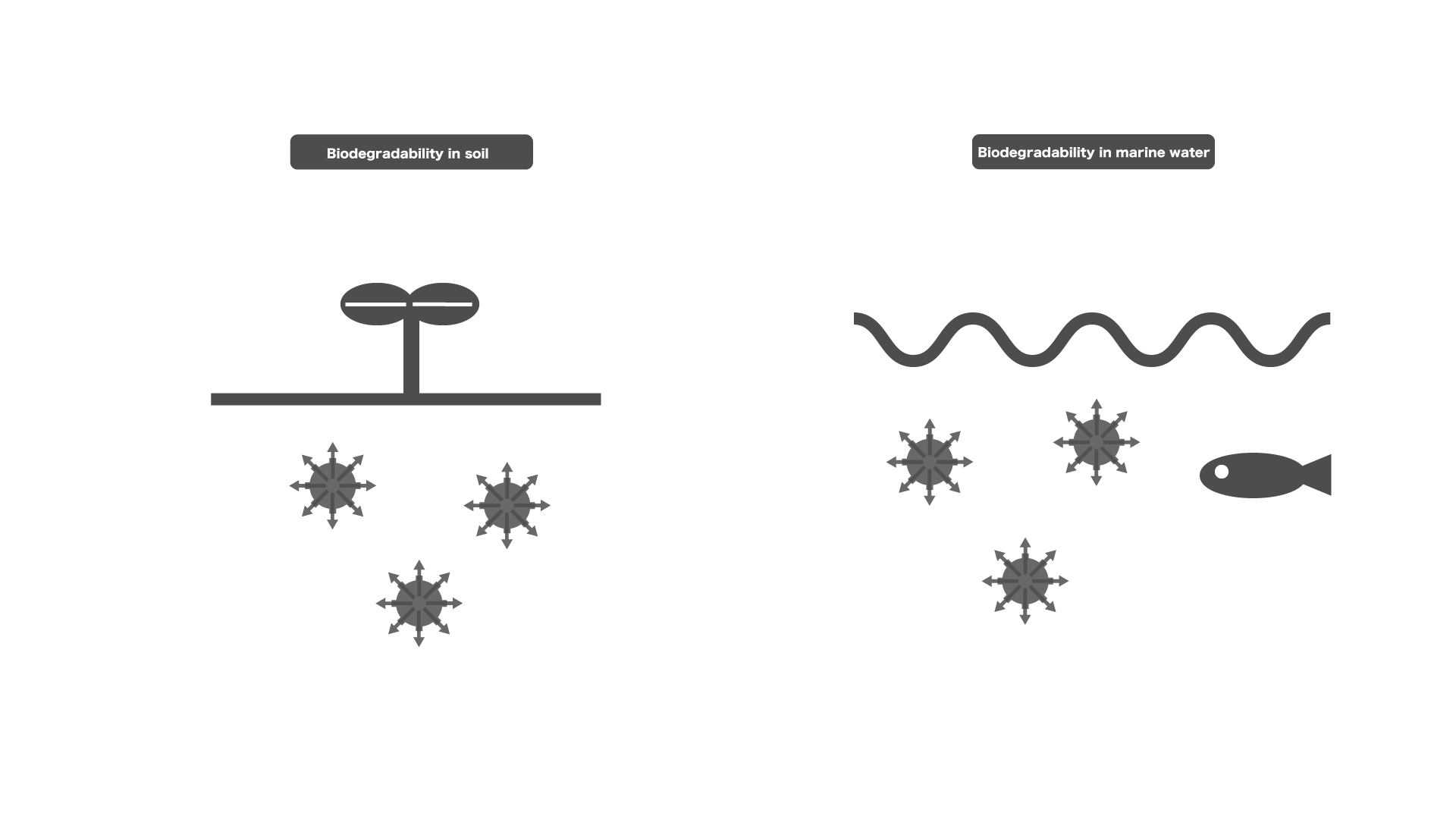
For details of marine biodegradability, go to e:CORONA product Page.
POINT2 Gentle on the skin
Viscose rayon is characterized by its pleasant touch by the smooth surface structure.
It is used in a variety of applications such as clothing, sanitary materials, cosmetics, and industrial materials.
The pH of viscose rayon is in the weakly acidic range of 5 to 6, which is generally considered to be in the “skin-friendly” pH range.

POINT3 High moisture and water absorbency
Viscose rayon has an official moisture content*1 of 11%, and the moisture absorbency is much higher than that of synthetic fibers such as polyester.
(*1 Official moisture content: the moisture content of a fiber in an environment of 20°C x 65%RH)
Compared to natural fibers, it is a moist fiber with an official moisture content equivalent to that of silk (11%), second only to wool (15%). In addition, it is capable of taking in a lot of water into the fiber and can store as much as 80% of its own weight inside the fiber.
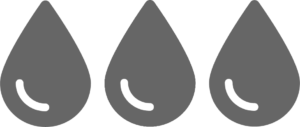
POINT4 Moisture absorption and heat generation
This is called “moisture absorption and heat generation.”
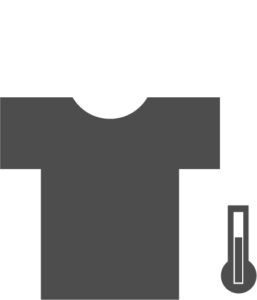
POINT5 Cool touch feel
Viscose rayon feels a little cool to the touch.
This is due to its high thermal conductivity, which makes it feel cooler than cotton.
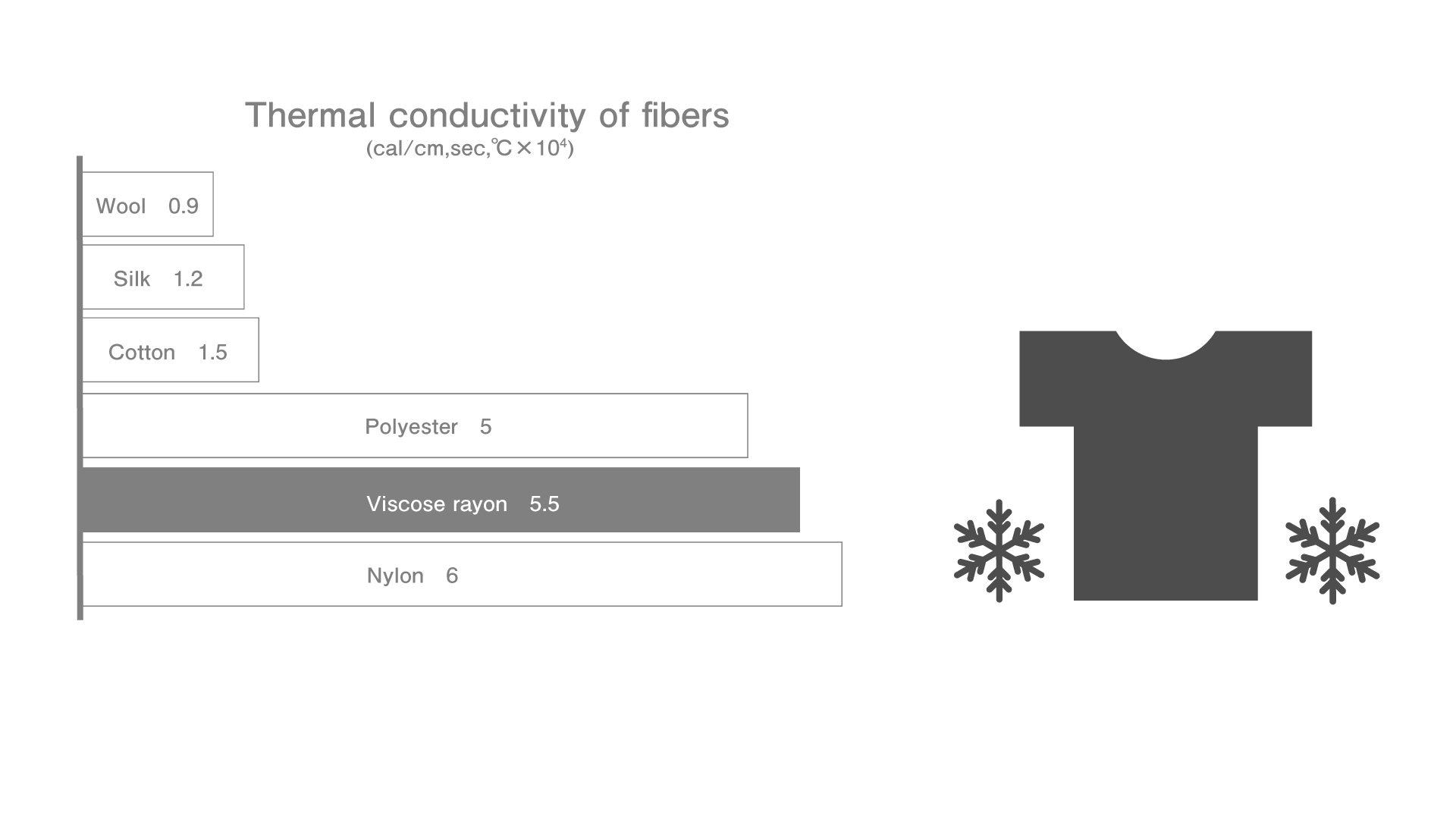
POINT6 Good coloration
From a microscopic point of view, fibers have a chain-like structure with long molecules connected. The arrangement differs depending on the type of fiber, and there are “crystalline regions” with a dense structure and “amorphous regions” with a coarse structure. Dyestuffs mainly penetrate into the amorphous areas to be dyed, but viscose rayon has more of these “amorphous areas” than cotton, so it is said to have better coloration.

POINT7 High anti-static effect
Compared to other fibers, the electrical resistance is lower, and an anti-static effect can be expected.
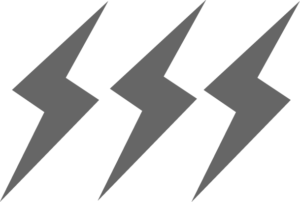
POINT8 High heat resistance
Viscose rayon does not soften or melt by heat like synthetic fibers,
but begins to decompose in color at 260-300℃.
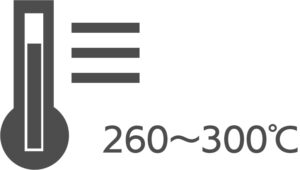
POINT9 Easy to blend
Viscose rayon blends well with natural fibers such as cotton, and synthetic fibers such as polyester and acrylic. You can take advantage of the merit of viscose rayon in various combinations such as blended, mixed, interknitted, and interwoven.
POINT10 Uniform Specifications
While the whiteness, thickness, and length of cotton, which is also a cellulose fiber, vary depending on the place of origin and climate, viscose rayon is a regenerated cellulose fiber produced by human hands, which enables us to provide uniform and stable products. We also produce and sell a variety of differentiated materials such as fibers with kneaded functional agents, fibers with modified cross-sections, ultra-fine and ultra-thick fibers, etc., using our unique technology.
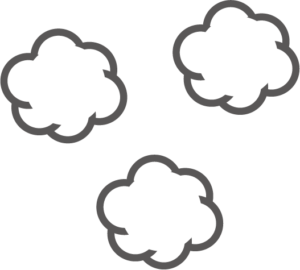
See more about viscose rayon products
We offer products by product category
Inquiries about rayon
Daiwabo Rayon Co.,Ltd.
Sales Department
JRE Midosuji Daiwa Bldg. 6-8,Kyutaromachi 3-chome,Chuo-ku,Osaka,541-0056,Japan
■ Inquiry form
■ Inquiry by phone
PHONE:+81-6-7635-3290
